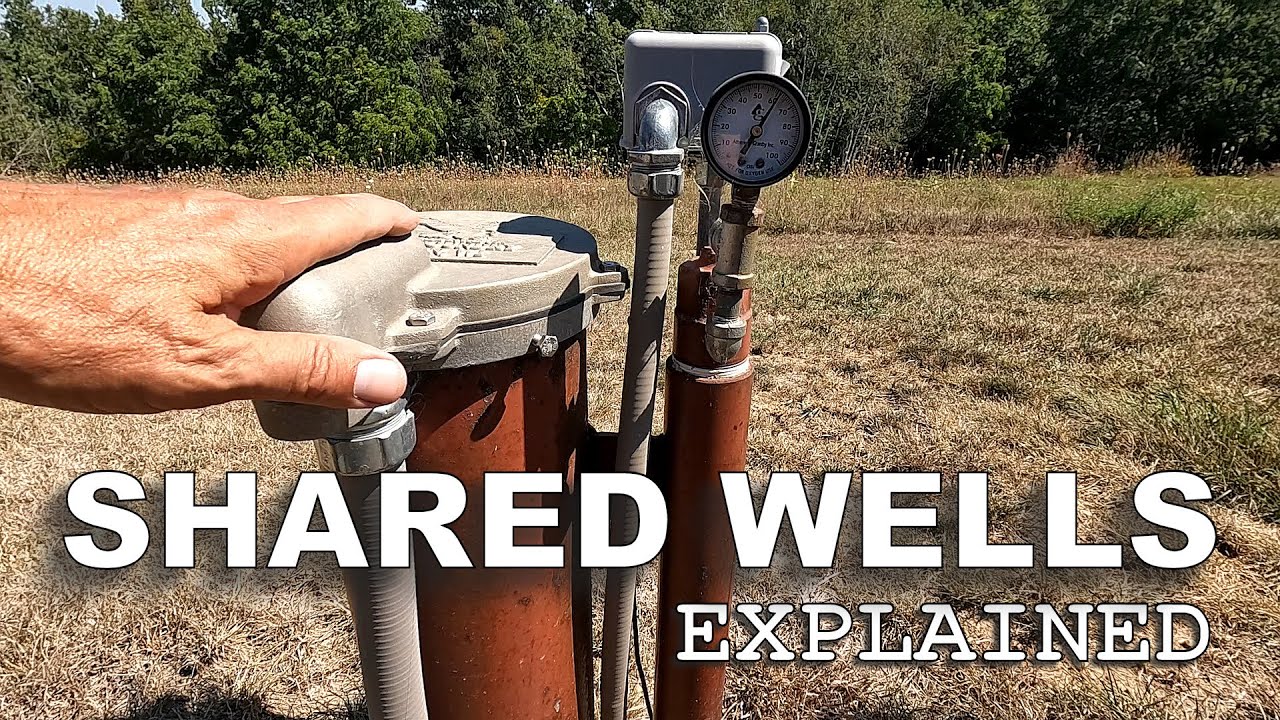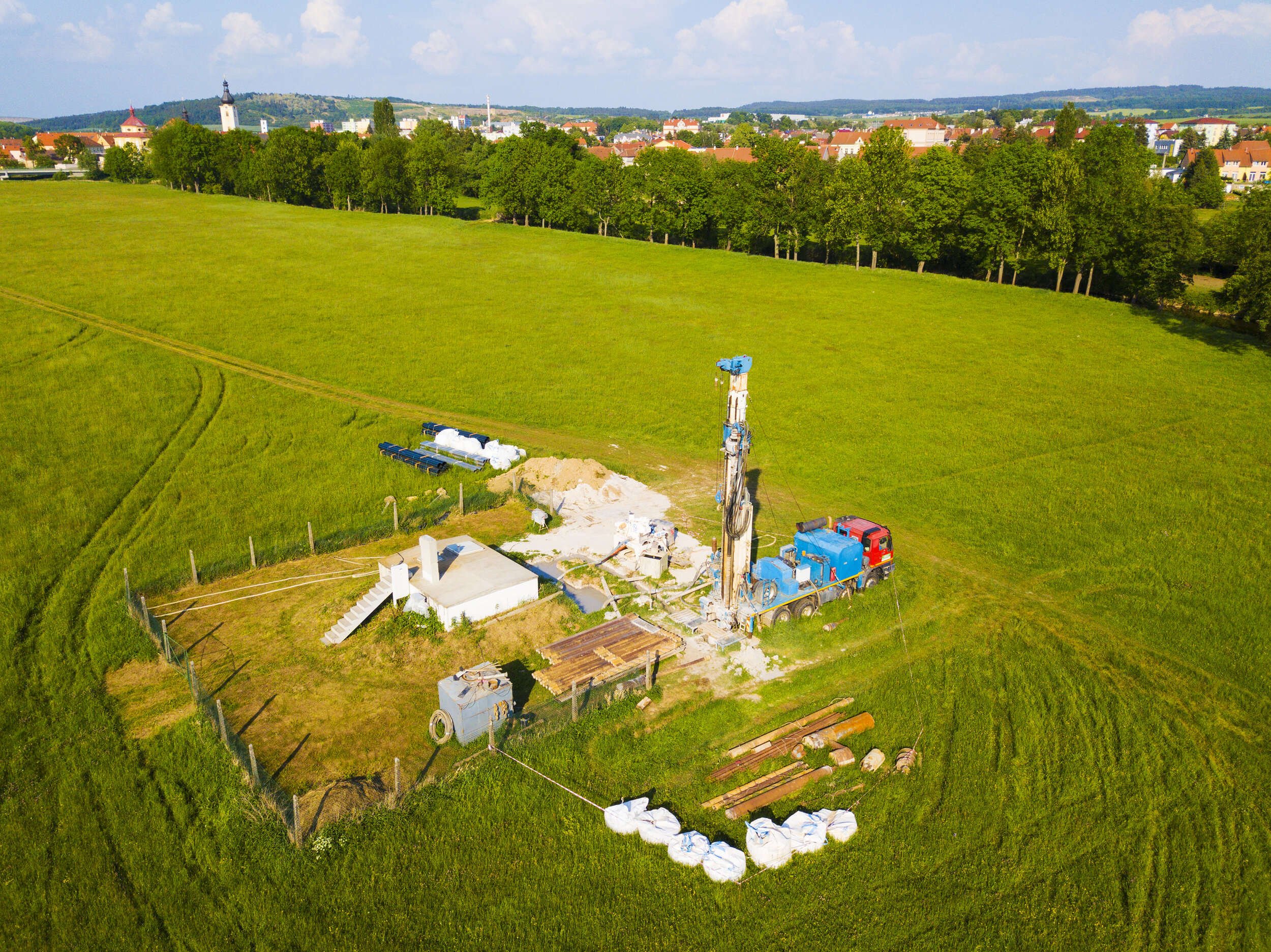Well, howdy there! Today, we’re gonna chew the fat about somethin’ called a shared water well. Now, you might be scratchin’ your head, thinkin’, “What in tarnation is that?” Don’t you worry none, I’ll break it down for ya, simple as pie.
Ya see, a shared water well is just like it sounds. It’s a hole in the ground, plumb deep, where folks get their water. But here’s the kicker – it ain’t just for one family, no sirree! It’s for a bunch of ’em, all sharin’ the same water source. Kinda like borrowin’ sugar from your neighbor, but with water instead. These shared wells, they’re real common out in the sticks, where city water ain’t reached yet. Folks gotta get their water somehow, and a shared well is a good way to do it, saves a bit of money too, ya know.
Now, how many houses can use one of these wells? Well, that depends. If it’s just a couple of houses, say two or three, that’s a shared well alright. But if you got a whole bunch, like four or more, well then, that’s a different critter altogether. They call that a community well. Bigger operation, more folks involved. Think of it like a potluck, more people bringin’ somethin’ to the table.

- Shared Well: Two or more houses
- Community Well: Four or more houses
So, why do folks go for a shared well? Well, like I said, it’s cheaper than diggin’ your own well, that’s for sure. Diggin’ a well is hard work, and it costs a pretty penny. But if you share the cost with your neighbors, it becomes a whole lot more manageable. It’s like buyin’ a cow together, everyone gets some milk, but nobody has to foot the whole bill. Plus, in some places, the water might be hard to come by, so sharin’ a well is the only way to get a decent supply.
Now, havin’ a shared well ain’t all sunshine and roses, mind you. There can be some squabbles, just like with anythin’ shared. Someone might use too much water, or someone might not pay their share of the upkeep. That’s why it’s mighty important to have a good agreement in place. You gotta have it all spelled out, black and white, who’s responsible for what, how much everyone pays, and what happens if somethin’ goes wrong. It’s like a fence, you need it clear where your land ends and your neighbors starts. Without a good agreement, things can get messy faster than a spilled bucket of milk.
These agreements, they ain’t somethin’ you just scribble on a napkin neither. They’re legal documents, gotta have all the i’s dotted and t’s crossed. They gotta say how the well is gonna be maintained, who’s gonna fix it when it breaks, and how the costs are gonna be split. It’s like a recipe for gettin’ along, everyone knows what to expect, and there’s less chance of misunderstandings. If you don’t have somethin’ written down, folks start forgetting what they agreed to, or they start remembering things differently, and then you got trouble.
Think of it like this, if one of the houses uses a lot of water for somethin’ like fillin’ up a big ol’ swimming pool, and they don’t pay extra, that ain’t fair to the others, is it? Or if the well pump breaks, and nobody wants to pay to fix it, then everyone’s in a pickle. That’s why you need a good agreement to keep things fair and square.
Another thing you gotta consider is where the well is located. Usually, it’s on one person’s property, but it serves a bunch of other properties too. That means the person whose land the well is on has a bit more responsibility, but they also have a bit more say in things. It’s like bein’ the captain of a ship, you gotta steer the boat, but you also gotta make sure everyone gets to where they’re goin’ safe and sound.
Sometimes, even with a good agreement, things can still go wrong. Maybe the well dries up, or the water quality goes bad. That’s when you gotta figure out what to do. Do you dig a new well? Do you try to fix the old one? Do you hook up to city water if it’s available? These are tough questions, and there ain’t always easy answers. It’s like when the crops fail, you got to find another way to feed the family.
Shared well safety is somethin’ else to keep in mind. You got to make sure the water’s tested regularly to ensure it’s safe for drinkin’. Nobody wants to get sick from bad water. It’s like inspectin’ your milk cow, gotta make sure she’s healthy and the milk is good. And you got to make sure the well is properly maintained to prevent contamination.

So, there you have it, the lowdown on shared water wells. They’re a good way for folks to get water in rural areas, but you gotta go into it with your eyes wide open. You gotta have a good agreement, you gotta be prepared for potential problems, and you gotta be willin’ to work with your neighbors. It ain’t always easy, but it can be a darn sight better than goin’ thirsty.















